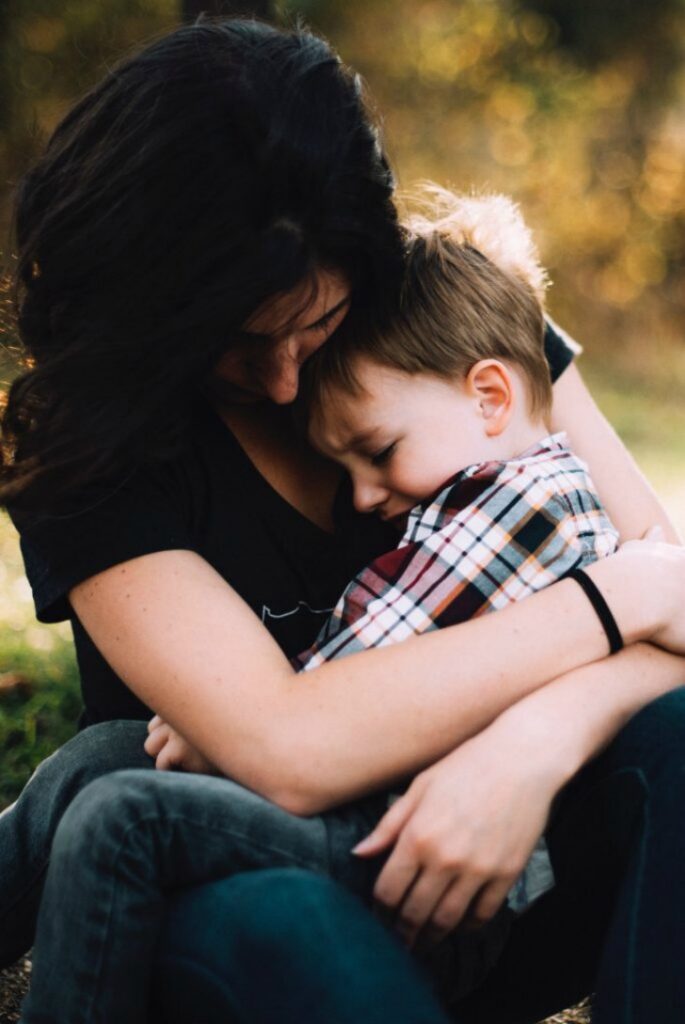Developmental Trauma Disorder
In 2009, professionals researching and treating Complex Trauma in children proposed a new diagnosis of Developmental Trauma Disorder be included in the Diagnostic and Statistical Manual to capture the dysfunctions […]
Questions to Consider When Selecting an Attachment or Trauma Therapist

Many professionals will say they are familiar with working with children with attachment disorders or trauma problems. The following are suggested topics to consider when deciding on which professionals to […]
Dear Educator: A Series of Heartfelt Letters about what Kids with Trauma Need in School

Dear educator, Thank you so much for teaching my child. I appreciate this opportunity to share with you some insight into the challenges that my child has been having in […]
Are Traumatized Children Hopeless?

–by Julie Beem I’ve been to a handful of post-adoption conferences this spring and summer. After working with ATN for over a decade, I have been excited by the number […]
Attachment & Trauma Network, Inc. | ATN
Attachment & Trauma Network, Inc. OUR MISSION Promote healing of children impacted by trauma by supporting their families, schools, and communities. The Attachment & Trauma Network, a 2016 Angel in Adoption® […]
The 10 Most Common Myths about Attachment & Trauma

There is so much that society doesn’t understand about attachment and trauma. People don’t “get it” when it comes to how a child can be traumatized, how a child reacts to […]
ATN Joins Coalition Urging Georgia to End Discrimination Against Children with Emotional Disorders
November 2015. A broad coalition of advocacy groups – including the Attachment & Trauma Network – is urging the state of Georgia to transform its separate and unequal educational program […]
Special Education/IEPs for Children with Attachment Trauma – FREE Webinar
Tuesday, September 29, 2015 @ 12:00 pm EDT The Attachment & Trauma Network is hosting this FREE webinar will explore the hows and whys of special education for children who […]
Reactive Attachment Disorder (RAD)

Currently, Reactive Attachment Disorder (RAD) is the diagnosis associated with attachment impairment. There is little research available as to the prevalence of this disorder, but there are thousands of children […]
What are Attachment Disorders?
Children who have had breaks from their primary caregiver, unmitigated pain, abuse, neglect or in other ways have not had their needs met can often be impaired in their ability […]